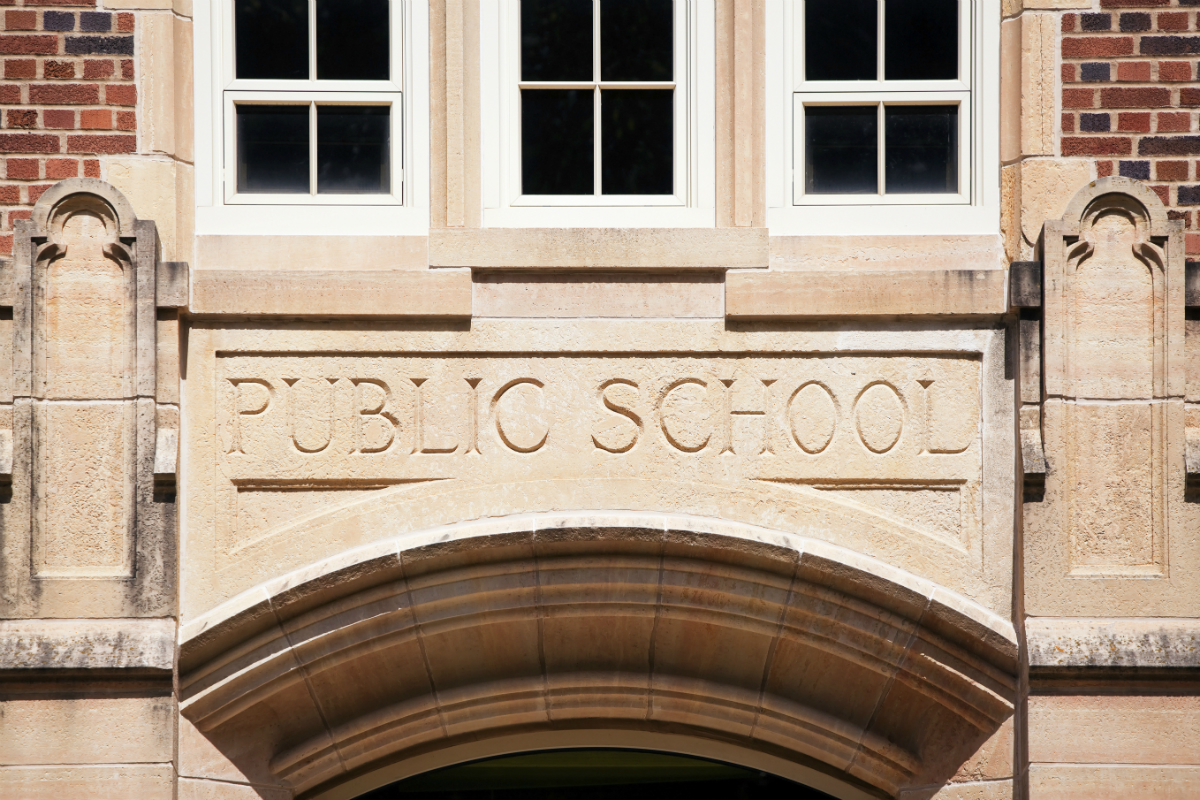School district interest is overwhelming the funds available for projects through the state’s new full-day kindergarten facilities program. Seventy districts filed 261 project applications totaling $324.3 million in the first filing round ending Jan. 31, staff told State Allocation Board members at their Feb. 27 meeting. The board designated $37.5 million for first-round projects through the Office of Public School Construction program.
A larger funding pot of $60 million will be in play for the second filing period of May 1-30, 2019, but that amount is expected to once again fall well short of application amounts. The board designated more funds in the second round so district officials would have more time to prepare their applications.
The enthusiasm over the Full-Day Kindergarten Facilities Grant Program funds comes as the state, district officials and school board members aim to focus more closely on access to such programs and how they can help narrow opportunity and achievement gaps.
Backing his passion for early childhood education, Gov. Gavin Newsom’s 2019-20 budget proposes a boost of $750M in one-time non-Prop 98 funds for the construction or retrofitting of facilities for full-day kindergarten. “It is a massive addition to the $100 million from last year,” Capitol Advisors partner Lee Angela Reed said at the Budget Perspectives Workshop in January.
The current funding for kindergarten facilities is intended for full-day programs which are more than four hours long. Grants will be provided on a 50/50 state and local share basis for new construction projects and 60/40 state and local share basis for retrofit of existing facilities.
To be eligible for grant funds, districts must have passed, or pass by project completion, a school board resolution granting approval to offer full-day kindergarten; and the district must lack facilities to provide such instruction. A site will be found to be lacking the facilities “if the kindergarten enrollment at the site exceeds the existing kindergarten classroom capacity using the School Facility Program loading standard of 25 K-6 pupils per classroom.”
The OPSC is processing the first-round applications and should bring them before the board for approval by June, staff said.
In other SAB meeting news:
- OPSC reported that it received about 200 applications for the fifth Career Technical Education Facilities Program funding cycle, which closed Feb. 15. After that cycle, $250 million in bond authority from Prop 51 will remain to be allocated. Staff is also planning public meetings to gather input on a proposal to reinstate the funding order based on service region for future CTEFP funding cycles.
- In light of devastating firestorms and other disasters up and down the state, the board received a report on its ability and role to provide assistance for school facilities affected by disasters. The OPSC assists impacted school districts through its Facility Hardship program, which provides funding when it has been determined that a district has a critical need for student housing because the condition of the facilities, or the lack of facilities, presents an imminent threat to the health and safety of the pupils. The SAB, meanwhile, can play a role by accelerating the processing and funding of projects, as it did with Paradise Unified School District in the wake of the deadly Camp Fire. The full report on emergency response to disasters is available in the SAB agenda packet.
- The next board meeting is scheduled for 4 p.m. March 27.





